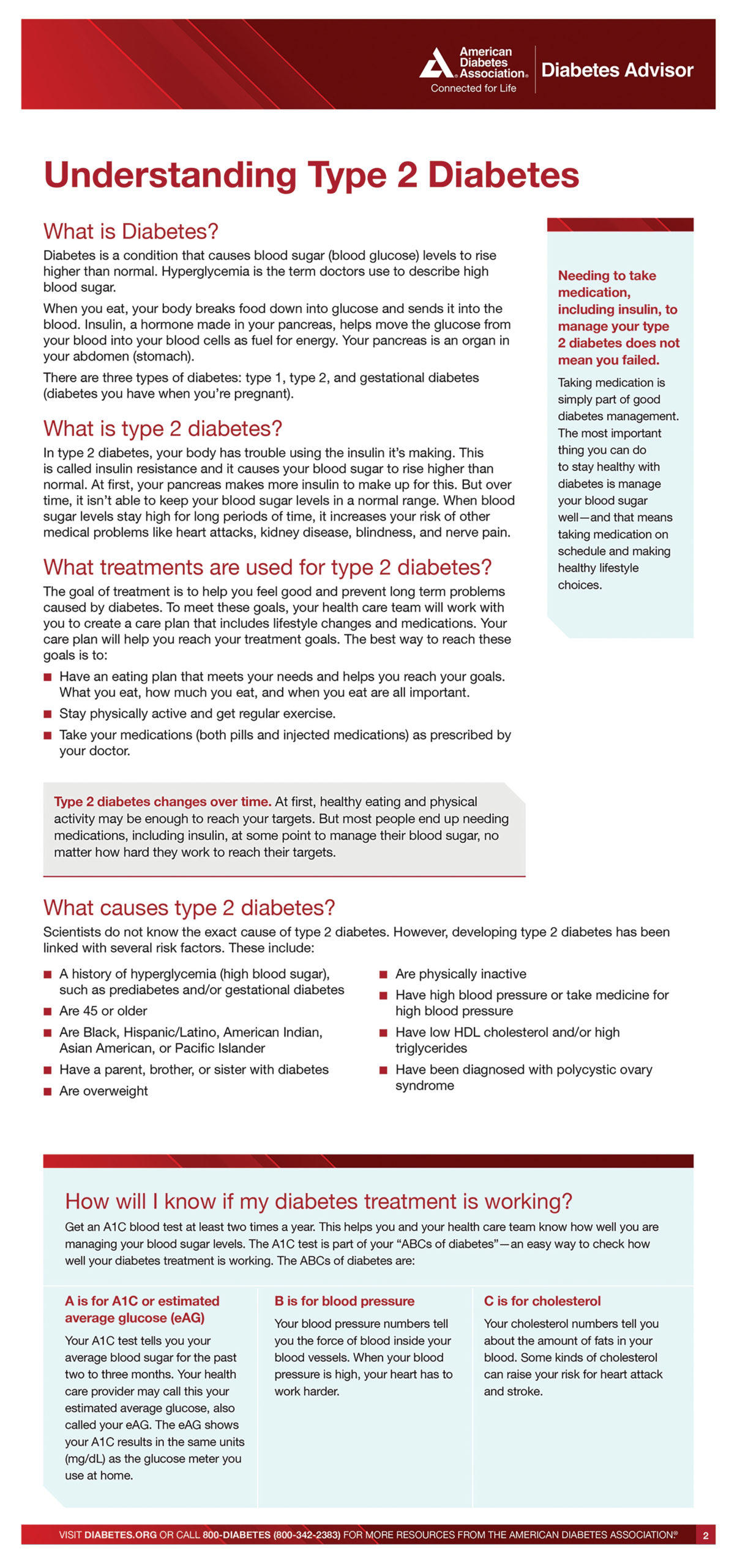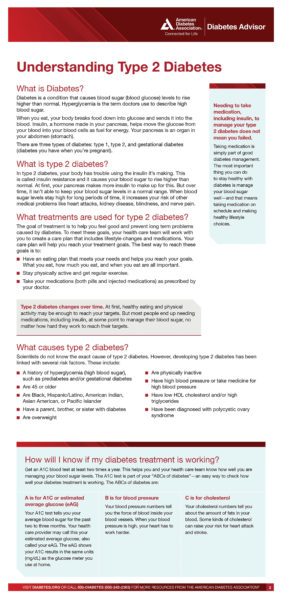In honor of American Diabetes Month, the American Diabetes Association (ADA) and DaVita are coming together to educate Americans about the connection between diabetes and kidney disease. Throughout the month of November, both organizations are sharing resources to inform people about taking steps to help prevent or slow these chronic conditions.
Diabetes is one of the leading causes of kidney disease globally. An estimated 1.5 million people in the U.S. are diagnosed with diabetes every year, while 37 million are estimated to be living with kidney disease. Both chronic conditions disproportionately impact Black and Hispanic communities, many of whom are already at higher risk for other chronic diseases, such as heart disease and obesity.
Diabetes and kidney disease fast facts
- 6.2% of adults in Colorado have diabetes.
- Diabetes is the leading cause of kidney disease.
- One in three people with diabetes develops kidney disease.
- Both kidney disease and diabetes disproportionately impact Black and Hispanic communities. Compared to white adults, the risk of being diagnosed with diabetes is higher among Black (77%) and Hispanic (66%) communities. Black Americans are 4 times more likely and Hispanics 1.3 times as likely as white adults to develop kidney failure.
More than 34 million Americans have diabetes, and almost half of all kidney failure cases are caused by diabetes.
Many people with diabetes may have CKD and not know it. Because renal disease usually has few symptoms until kidneys begin to fail, many diabetics with decreasing kidney function have not been diagnosed.
Both kidney disease and type two diabetes are preventable. Disease progression can be slowed and even stopped entirely with the right diet, exercise and better management of chronic conditions.
Five Tips for Proactively Monitoring Your Kidney Health
- Learn about risk factors that may increase your chance of developing diabetic kidney disease, such as hypertension, heart disease, a family history of kidney disease, or having African American, American Indian and Hispanic/Latino ethnicity. A simple questionnaire, like DaVita’s Kidney Disease Risk Quiz, can let you know if you’re at risk for kidney disease in under 60 seconds, or check out the American Diabetes Association’s Diabetes Risk Quiz.
- Keep an eye on your blood pressure and try to keep it at 125/75 or lower, or where your doctor recommends. High blood pressure can increase your chances of developing kidney disease if you have diabetes because both higher sugar levels and higher blood pressure can damage blood vessels.
- Seek a nephrologist if you have symptoms of chronic kidney disease (CKD), such as a metallic taste in the mouth or ammonia breath, nausea and vomiting, loss of appetite, protein aversion, swelling in the face, feet or hands, itchiness (pruritus), producing more or less urine, urine that is foamy or bubbly, or blood in the urine.
- Patients with diabetes should be tested every year for kidney disease. Ask your doctor to test your kidney function and to check your urine for protein.
- Connect with a registered dietitian or a renal dietitian to manage and discover the right diet for your kidney health. You can also find kidney diet resources through DaVita’s Kidney Smart Classes, which provide education around CKD.
“Diabetes and kidney disease are common – and tightly linked,” said Tina Livaudais, RN, BSN, MBA, chief nursing officer for DaVita. “The good news is that by taking small, tangible steps it is possible to both prevent and slow the progression of pre-diabetes, type 2 diabetes and kidney disease. American Diabetes Month is a great opportunity for Coloradans to take charge of their health through better awareness and management of these chronic conditions.”
Join the American Diabetes Association and DaVita on Nov. 19 for a live discussion about diabetes and kidney disease. For more information, visit diabetes.org/bigstepup.
For additional information and resources on the link between kidney disease and diabetes, please visit DaVita.com/ManagingDiabetes.





